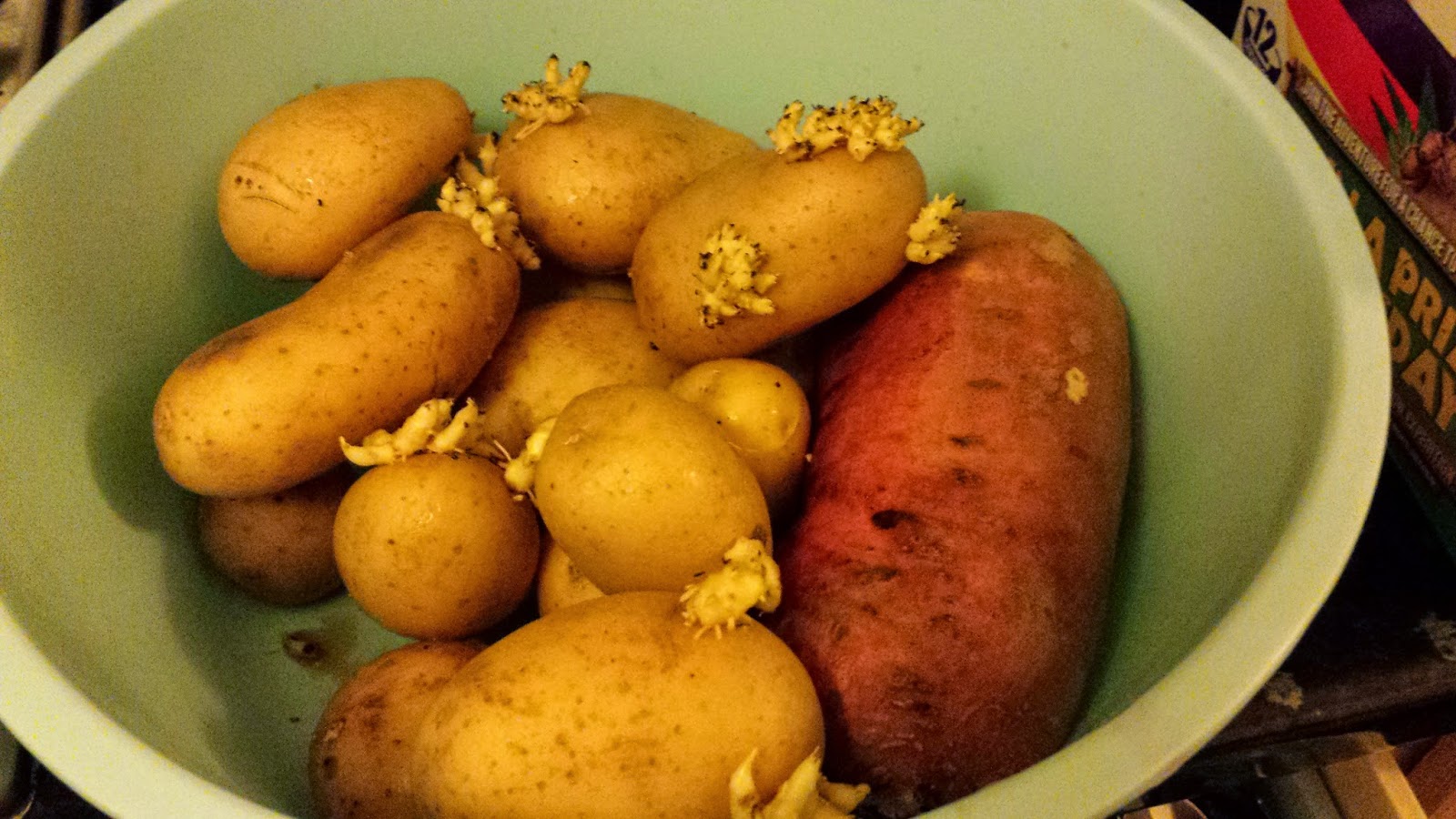We had just watched an
entertaining game. France and Nigeria. As immigrants we always go for France,
boosting two thirds of players from Africa. But Nigeria is an African team so
the allegiance was complex and tricky.
“Go Nigeria! Go!”
A Kenyan pal chanted.
“I don’t particularly like Nigeria,” Maggie, his five months
pregnant girlfriend protested. “They
treat women very badly. The government has been sitting ducks while Boko Haram
grabs school girls and keeps them in forests for months.”
We kept our mouths shut.
Unblinking, Maggie was dead
pan, serious. Fact is she was not even bothering watching the football. She was
here to give company to the father of her unborn baby.
Tall, thin Hammed waved his arms: “This not Gover- Ment bolitics. Zees is sborts. Wallah, this guys blaying for ze beople, not bolitics!”
You had to concentrate hard to understand Hammed’s English
speaking accent, pronunciation and phonetics, spiced in Chadian Arabic called “Shuwa”
plus French. I am used to Congolese immigrants, meshing Lingala, French and broken Ki-Swahili but Hammed’s
tongue is on another level. There are so many interesting countries in Africa.
It is rare, meeting a Chad national in London.
Hammed was a unique encounter, indeed. London is a fantastic melting pot. Three
hundred languages spoken in the city of cultures, diverse tongues and hundreds
of foods.
So...Nigeria and France had played.
As the two equally balanced teams battled, the 19th
minute goal by tough hardworking Nigerian striker, Emmanuel Emenike was
disallowed. Lines man waved his flag. The replay showed it was not an off side.
We argued. Maggie blew air through her big beautiful cheeks. Exasperation.
“What is an off side?”She hissed.
In unified male condescension we slapped hands and roared with
laughter.
“Are you really interested to know?”
She waved her hand. Massaged her baby belly. She was not that
bothered.
But the man I will call
Joseph, like the rest of characters in this ongoing saga, an American visiting
London, wanted to know. We explained the rudiments of football to him.
“Soccer is getting bigger and bigger in the US” Joseph informed
us, as we looked condescendingly at him.
“You Yankees should stick to basketball and the hand ball stuff
you play with metals in your faces. I don’t understand why you call that
football...” Saidi, fellow Tanzanian,
jeered.
Joseph smiled. “ May I be honest with you? I don’t understand
either. But this world cup has made me love soccer more than I have ever before.
I think the US is not doing badly. The match with Belgium shall be tough, but
you never know.” (Now we know what happened. Belgium won and were clipped by
Lionel Messi’s side).
During the second half Nigeria began dropping energy. Media sources hinted financial disputes for
both Nigeria and Ghana. It was reported President
Goodluck Jonathan had intervened for the Nigerian brothers. Add reports over Cameroon’s allegedly match
rigging. When will it ever end? We Africans are a huge book. After two goals were scored, thanks to the brilliant
effort of French midfielder, Mathieu Valbuena, the BBC pundits questioned why Africans
have lost energy towards the end while Europeans manage? Lack of experience,
one said. Can we also add general life style, diet, training facilities,
technical support, local politics, etc ?
As the France- Nigeria match ended, it was time to order food. Hammed
and Saidi, the Muslims, were fasting.
“Go on, don’t worry about
us.” Saidi smiled.
It was a fish and chips establishment. Developed in the 19th
century in the UK, this very British recipe is the best meal in such moments.
We ate waiting for the Algeria and Germany clash. Soon Hamed and Saidi sneaked out to a nearby
Mosque, and back to a starter (“Futur”) of water and sweets.
As pundits discussed Algeria and Germany chances, Hamed was
explaining the five Islamic prayers (Fajir, Dhuhr, Asr, Maghrib, Isha) to
Joseph, the visiting American, who confessed
he had never been this close to Muslims. London is that kind of place.
As we all sat listening I reflected on how the Islamic religion
has influenced East African culture. Swahili times and language definitely draw
from Alfajiri (early morning), Adhuhuri (noon), Alasiri (three o’clock) Magharibi
(sundown) and Mwisho, day’s end.
While Hamed and Said
munched down their delicious fish
and chips, we discussed national meals. I recalled Brazil's rice, beans and
pork, considered an everyday, national dish like our Ugali and beans,
Sukumawikis and so on. Our Muslim
friends were wincing.
“Pork with beans!”
Algeria and Germany battled. We stopped talking. As though a
repeated scene of the previous contest, Algeria started well but got run down
in the second half despite a consolation goal. The last hope for Africa at the World Cup was
out. What remained was a second generation of minority African immigrants
contributing through France, Holland and one Jerome Boateng in the Germany team.
Upon returning home, the Algerians were treated like heroes, nevertheless.
Also published in Citizen Tanzania Friday 11th July, 2014.





No comments:
Post a Comment